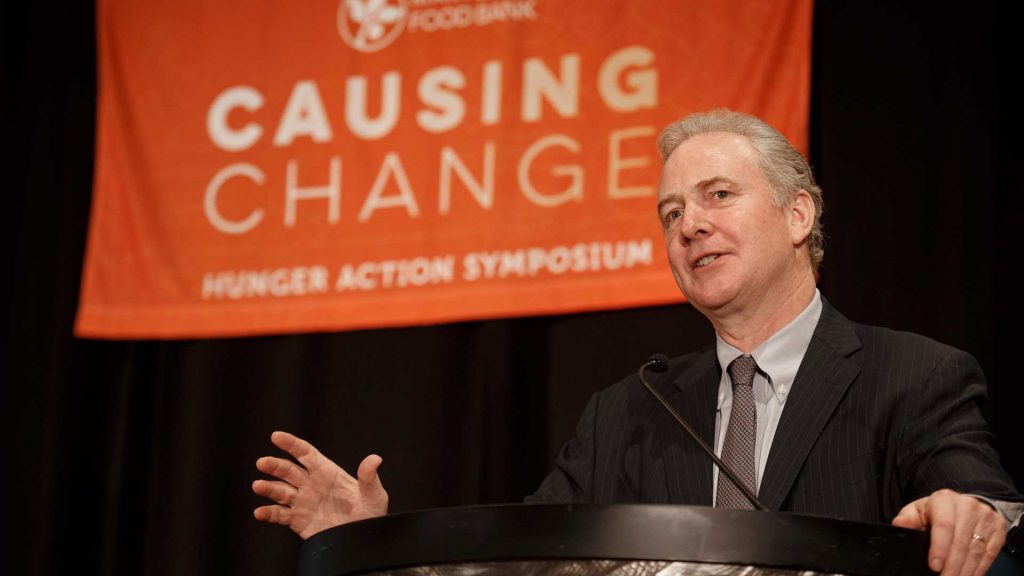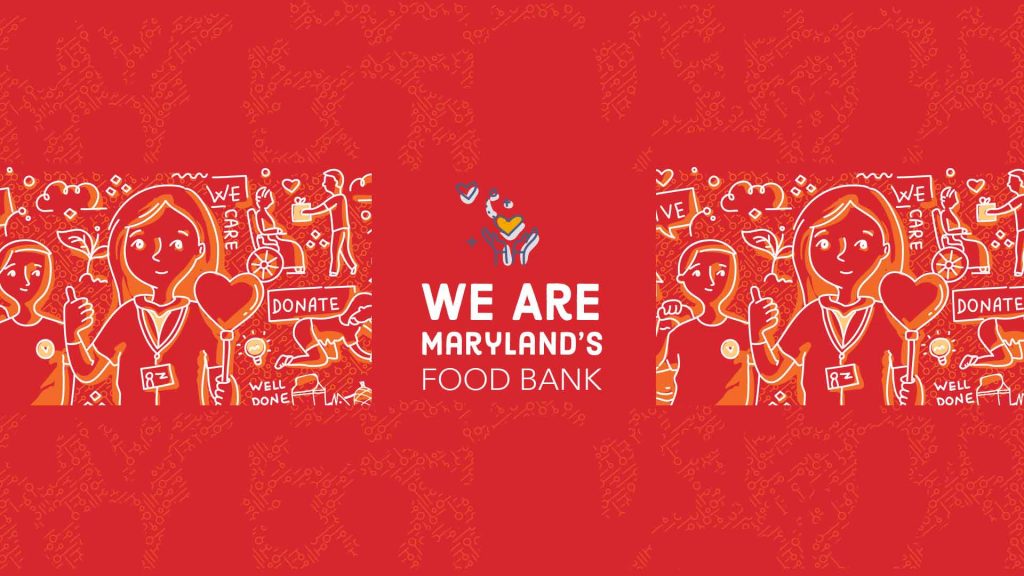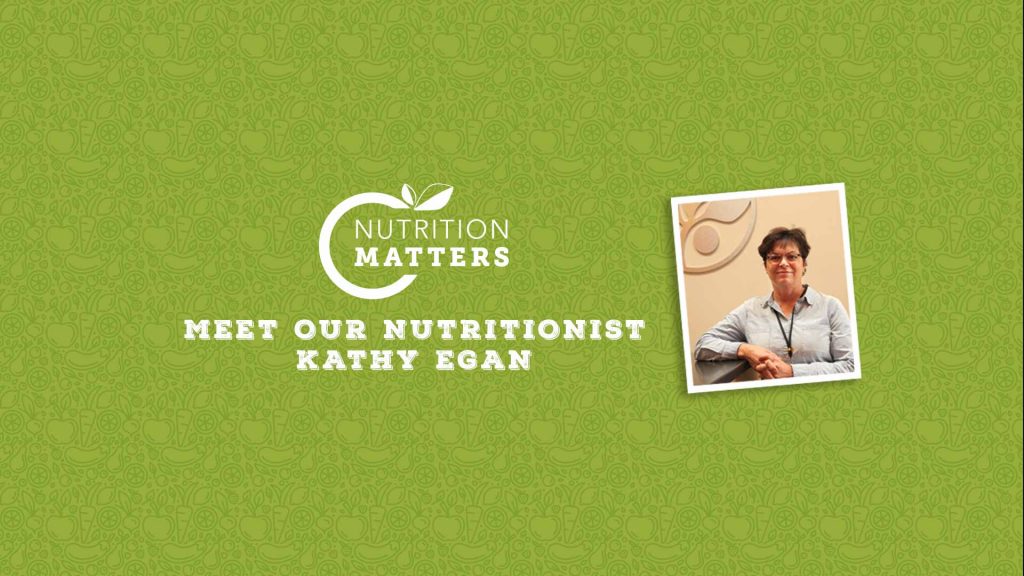How Advocacy Helps Hungry Marylanders
Advocacy is an important part of what the Maryland Food Bank does for the 665,420 Marylanders who don’t always know where their next meal will come from. If we don’t help amplify the voices of the children, seniors, veterans, hardworking families and individuals who rely on the food assistance safety net, who will?










